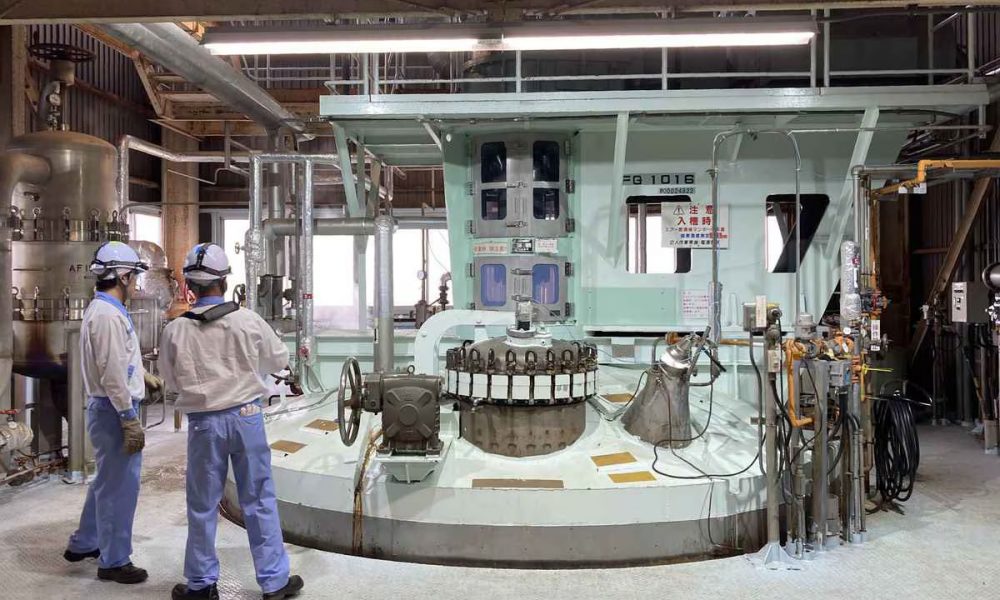
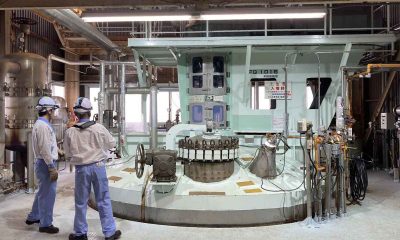

With government support, companies are reviving production of active pharmaceutical ingredients for antibiotics to protect a vital lifeline for public health.
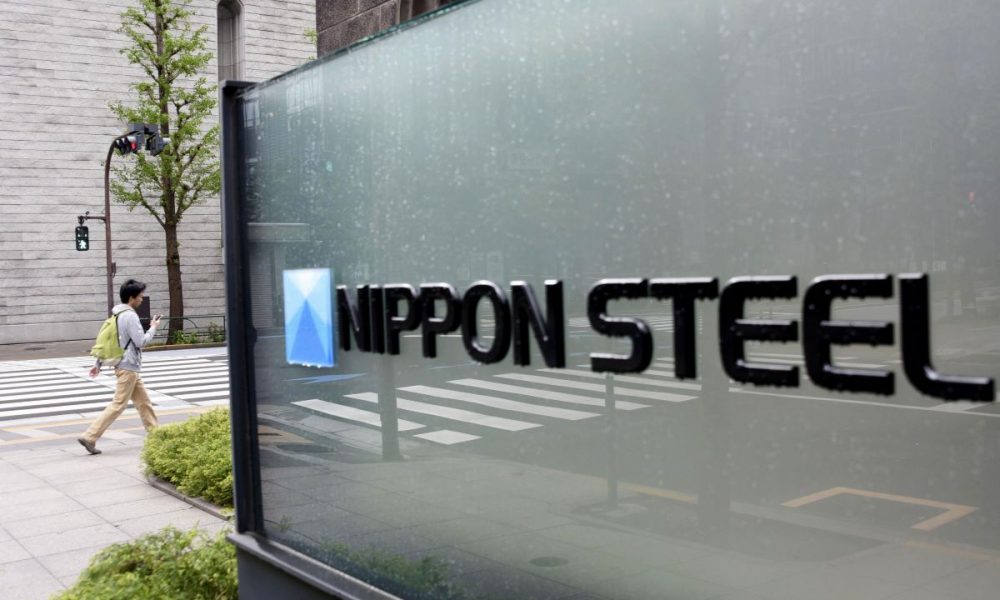
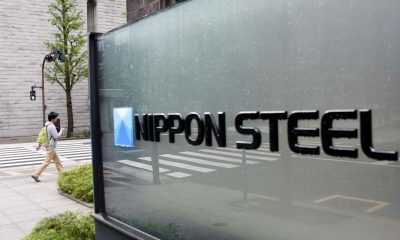

Nippon Steel and its predecessors elevated Japan's industry to global levels. The giant continues to evolve with emerging trends, including the rise of EVs.



Rising costs haven't deterred ¥100 shop operator Daiso's two premium brands from offering a vibrant shopping experience with a focus on quality and design.
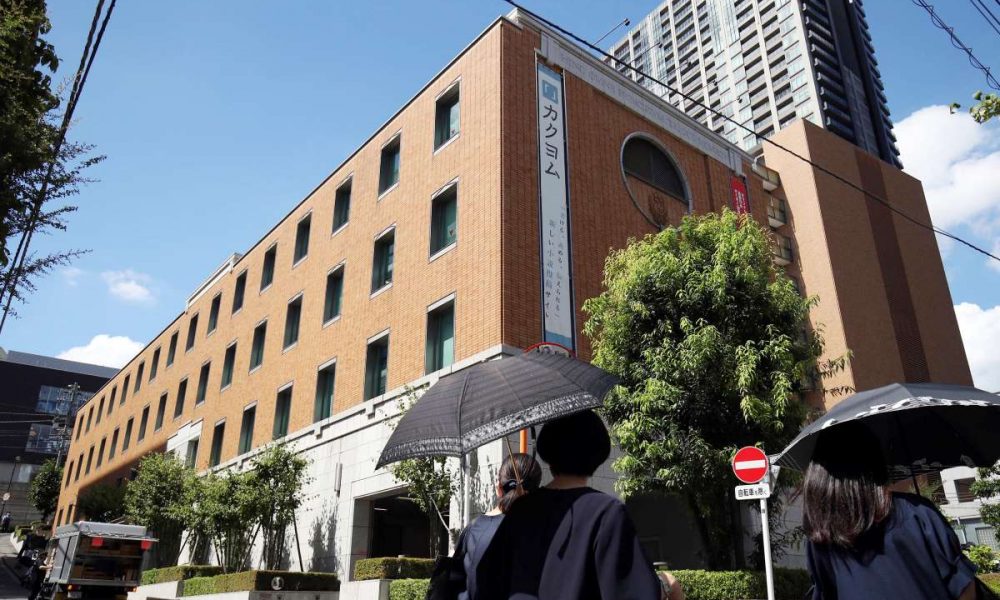


Despite a recent ransomware attack on KADOKAWA, Japanese companies have a comparatively low rate of cyber infection. Analysts identify several reasons why.
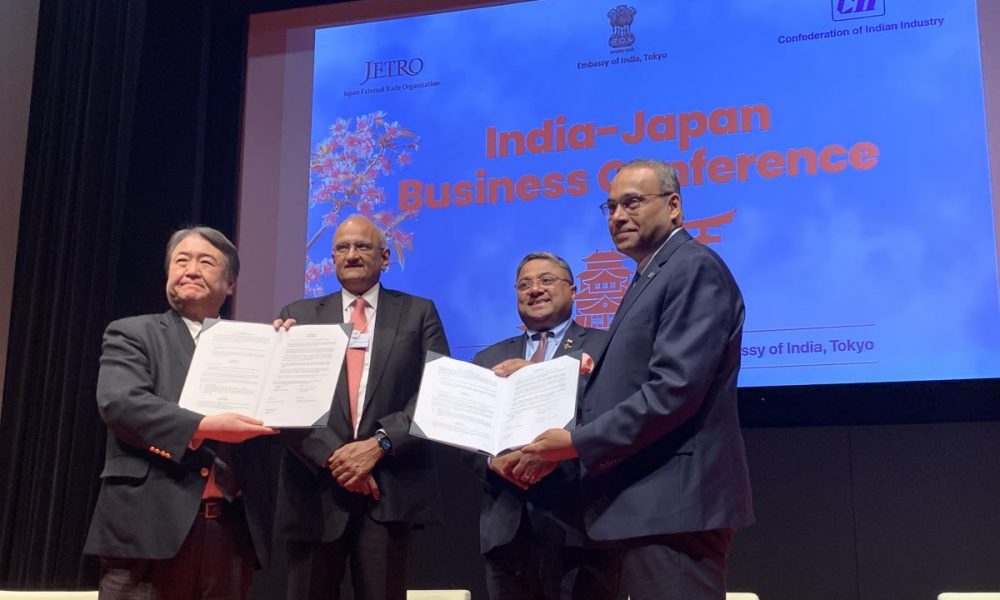
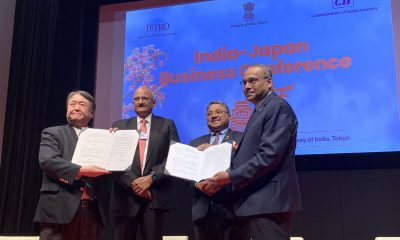

JETRO shared that 70% of Japanese companies in India expected profits in 2023. However, regulatory issues and income inequality remain barriers to business.
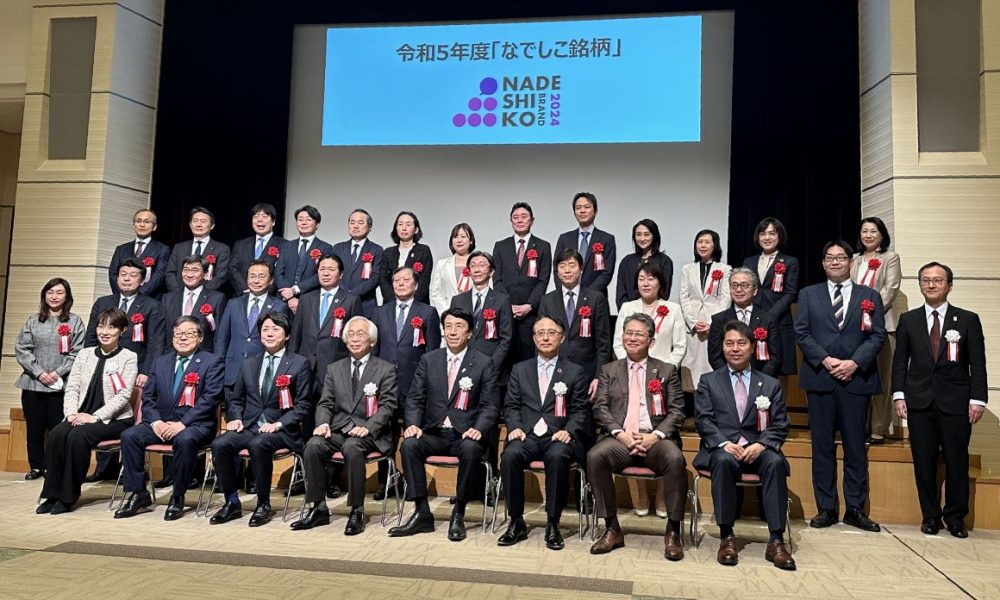
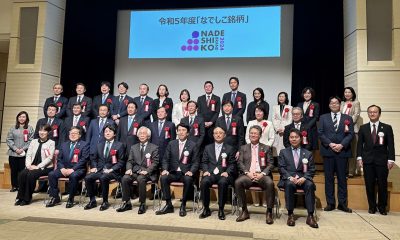

"With 90% of our domestic workforce comprising women, our achievements are inseparable from their active participation" — CEO Kikuta of Dai-ichi Life Holdings
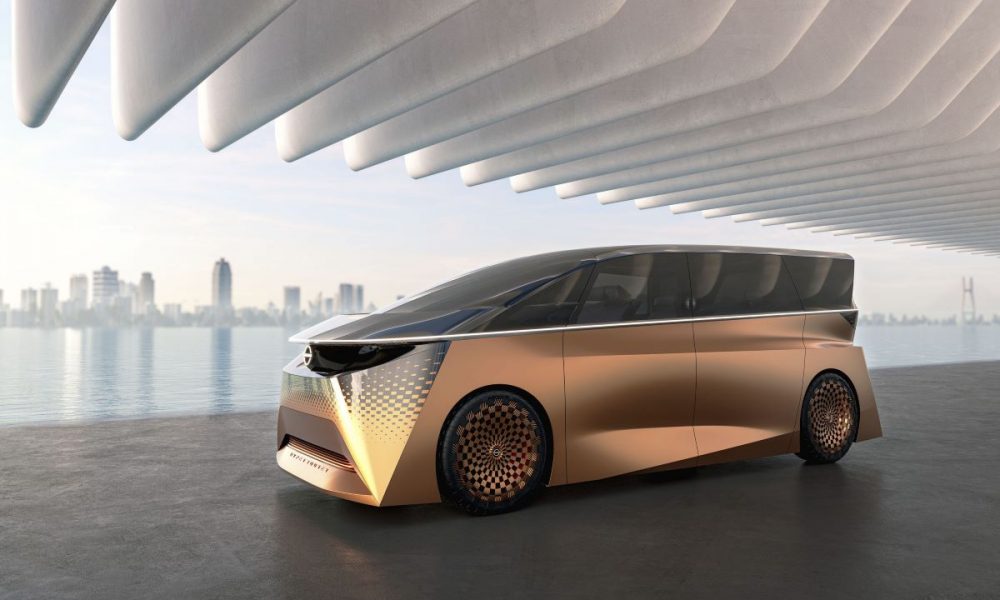
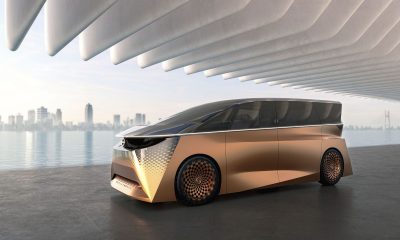

Nissan's Hyper Tourer runs on all-solid-state batteries and combines the latest technology such as biosensors and AI with the Japanese "omotenashi" philosophy.
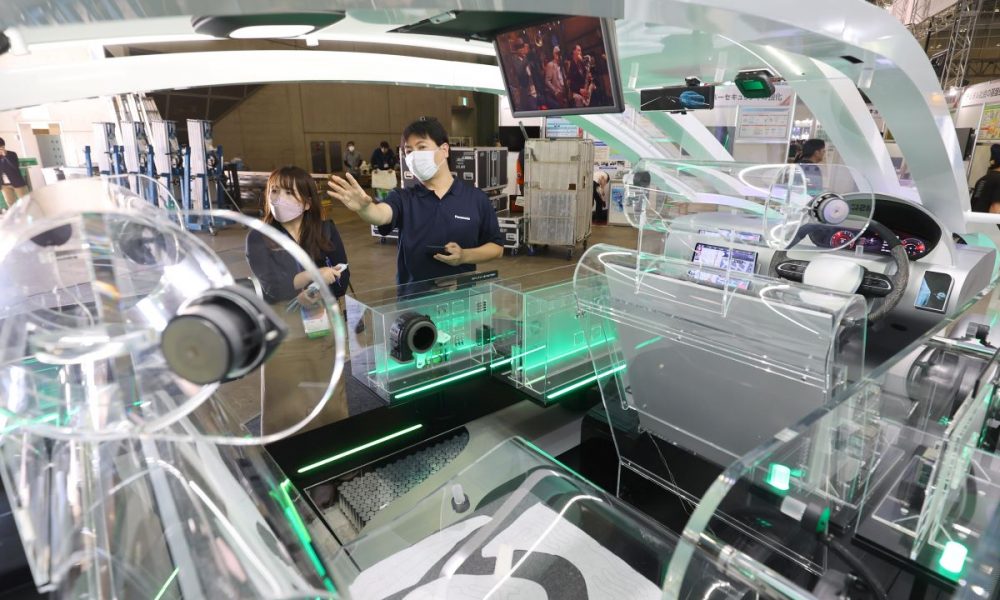
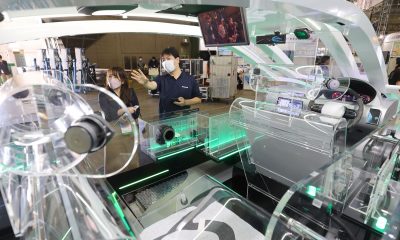

At CEATEC, major corporations such as Panasonic showcased their latest environmental innovations. Some even built their booths out of recyclable materials.
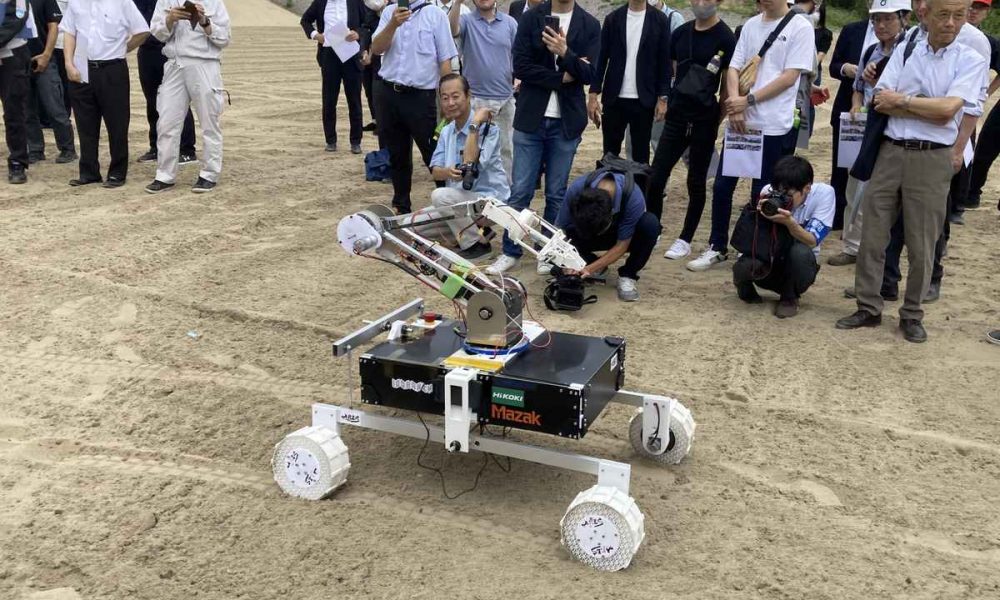
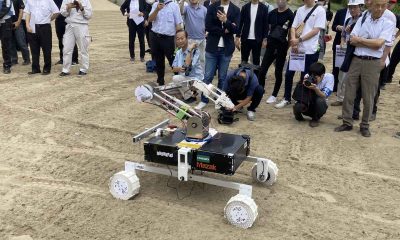

The Tottori Sand Dunes share similarities with some areas of the moon, making them an ideal testing site for lunar rovers and other technologies.
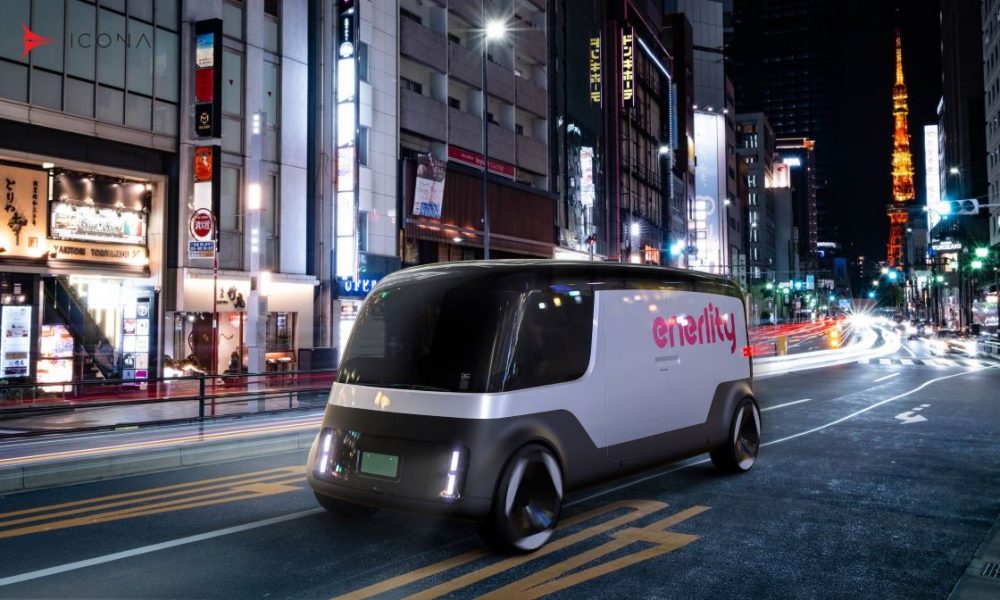
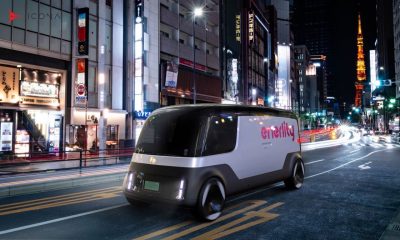

Itochu expects its EVs to be more cost-effective than traditional fuel-powered vehicles, even when factoring in battery subscription fees and charging costs.
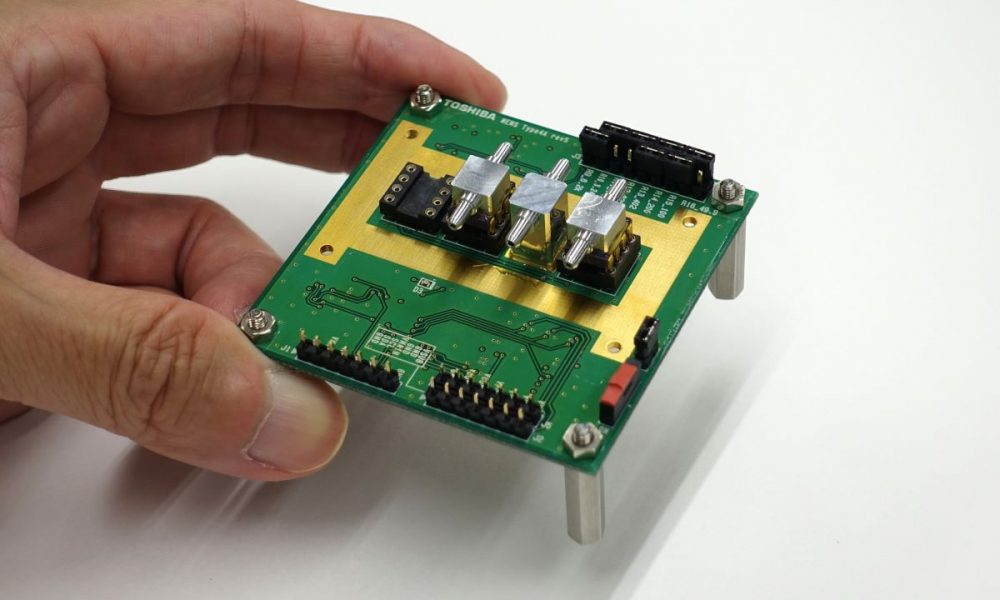
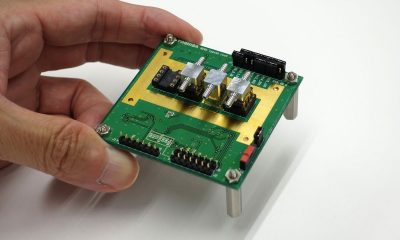

Toshiba has created a technology with significant potential for carbon utilization. It can analyze mixed gases 150 times faster than conventional approaches.
According to Chairman Tetsuro Higashi of Rapidus Corporation, the chip venture intends to begin mass production of next-generation logic semiconductors in 2027.